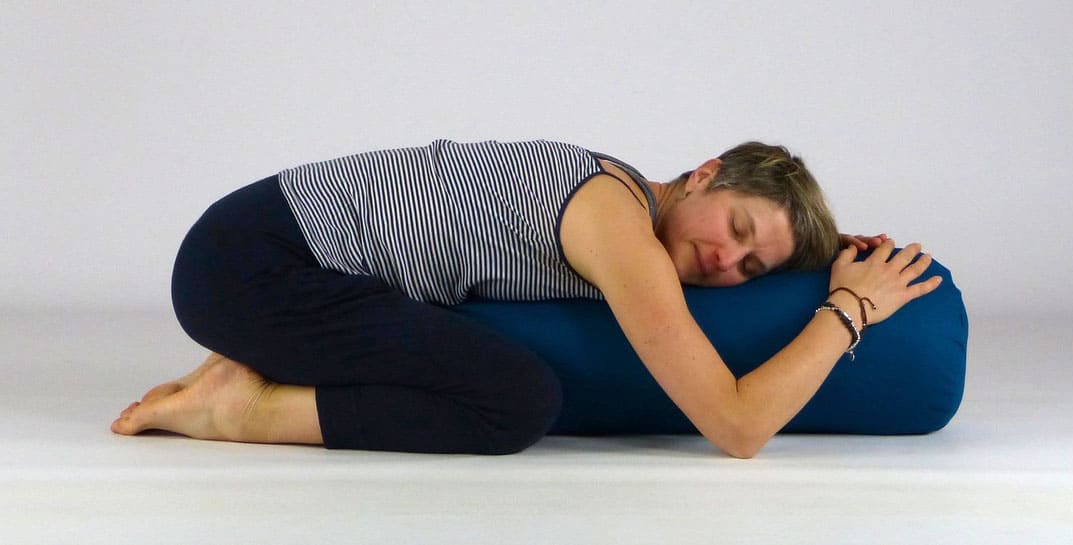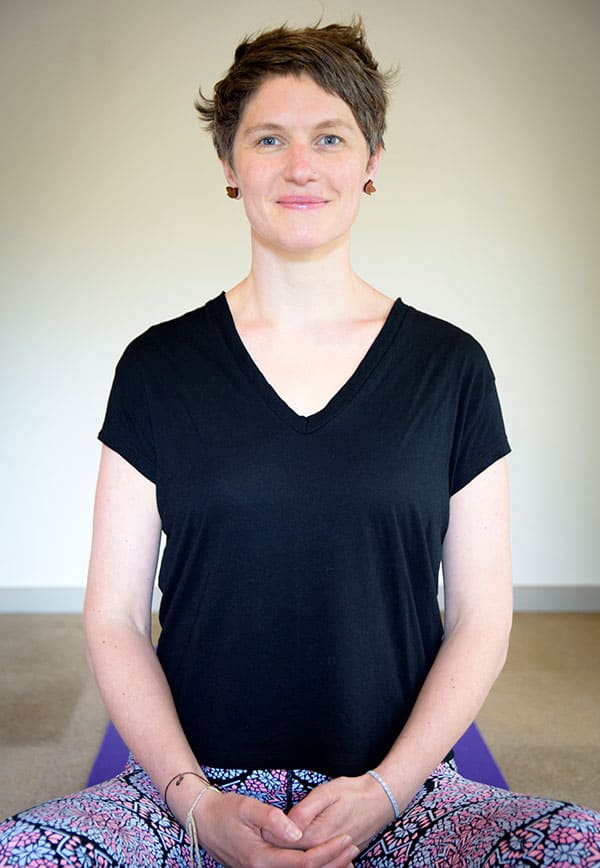
Trauma Sensitive Yoga
The physical and mental health benefits of yoga are increasingly well known in our Western context. And although we know that yoga can enhance our wellbeing in a general sense, the application of yoga in the context of trauma recovery is of particular interest and potency.
Contemporary research shows that yoga can be very beneficial in overcoming the effects of trauma. Being empowered to make choice, and experiencing the present moment within one’s body are invaluable tools in overcoming the psychological effects of trauma.
Yoga can be a powerful tool for creating that experience. Yoga can provide a pathway for reclaiming and befriending the body, an enormous part of the healing process.
Trauma may be described as an experience in which a person loses control of their body, to the extent that ownership of the body itself is called into question. The body can become a place that is not safe, and a place from which it is difficult even to experience everyday life.
It can be a valuable part of the healing process for trauma victims to reclaim their body as their own.
A Trauma Sensitive Yoga class looks and feels quite different to a general yoga class. The emphasis in a trauma sensitive yoga session is to create a safe, predictable and non-judgmental space in which survivors can simply ‘be’ with themselves.

Throughout a Trauma Sensitive Yoga session, either in a group or individual setting, participants are invited to make choices about how they might explore movement, rather than being given directive instruction.
Participants may then be invited to notice whether they feel sensation as a result of the movement they have chosen. There is no right or wrong, and participants are in control of their own practice.
Trauma sensitive classes may include physical movements, basic breath awareness and guided restoration. The classes are designed to create an environment in which participants can begin to explore a feeling of safety within their own body.
The classes offer an opportunity to develop a more positive relationship to the body, to perhaps gain a sense of control over the current experience of the body, to possibly learn calming and centering techniques. In doing so the experience of yoga may assist participants in identifying strategies to face triggers in a safe, non-harmful way.

Clare Pritchard, Yoga Therapist
Clare Pritchard has been practising yoga since 1995. She is a Certified Trauma Centre Trauma Sensitive Yoga Facilitator, a Certified Iyengar Yoga teacher, and has completed a number of certificates in yoga programs for children.
Clare has been involved in working at Centres Against Sexual Assault since 2000. She began this association working as a Counsellor/Advocate at CASA House but her role in the field has now transformed into a role which provides support and healing to victim/survivors of trauma through yoga.
Clare has delivered the yoga component of the Body Based Therapy Program at WestCASA (Centre Against Sexual Assault) since 2011, and at CASA House since 2017. She has also delivered programs in the Northern and SouthEastern CASA’s, and Counterpoint Young Women’s Refuge.
In a voluntary capacity, Clare has provided yoga classes within the Maribyrnong Detention Centre, the Asylum Centre Resource Centre and the YWCA Girl Storey program for marginalised young women.






